The United Nations Economic Commission for Africa (UNECA) has announced that a pre-feasibility study for the battery mineral value chain will be ready by third quarter of this year.
The study once completed will determine among other economic indicators the levels of investments needed, production capacity and impact it will have on both the Democratic Republic of Congo (DRC) and Zambia in terms of value addition, job creation and wealth.
Zambia and DRC in 2021 agreed to develop their cobalt reserves, a metal that is essential to the energy transition and electric mobility because of its high energy storage capacity.
In an interview on Wednesday in Niamey, Niger, UNECA Acting Executive Secretary Antonio Pedro indicated that the pre- feasibility study for the DRC and Zambia battery mineral value chain will be completed and ready by third quarter of 2023.
Pedro stated that the pre-feasibility study would provide pointers about the scale of investments that was required.
He however mentioned that the modeling was based on the 10,000 tonnes of nickel, manganese and cobalt minerals.
“Our objective is to produce at least 100,000 tonnes per year which would be a significant share of the global production of cobalt but we can expand,” Pedro said.
He indicated that with the modeling of 10,000 tonnes would be around US$339 million and 100,000 tonnes was projected at about US$500 million.
“We had said that we focus on the battery precursors because we were not sure about the demand initially and then overall they are scattered everywhere on the continent, the number of electric vehicles on the continent is about one million or so.
“And the one million out of the 100 and 60 million that are projected to be produced by 2050 is insignificant. So but then we’ve done our own study the ECA implications,” Pedro said.
He said they now see half of the continental free trade area implications on transport and service infrastructure that have revealed that approximately two million trucks were needed for this venture.
Pedro said as result of the findings, they started looking at the project differently not only on the battery precursors but also now going into the last segment, which was production of electric vehicles.
He therefore said the pre-feasibility study will cover all those segments on the basis of the African Continental Free Trade Area (AfCFTA) study but also on the understanding that the public transport systems in Africa could be the entry point to produce electric buses.
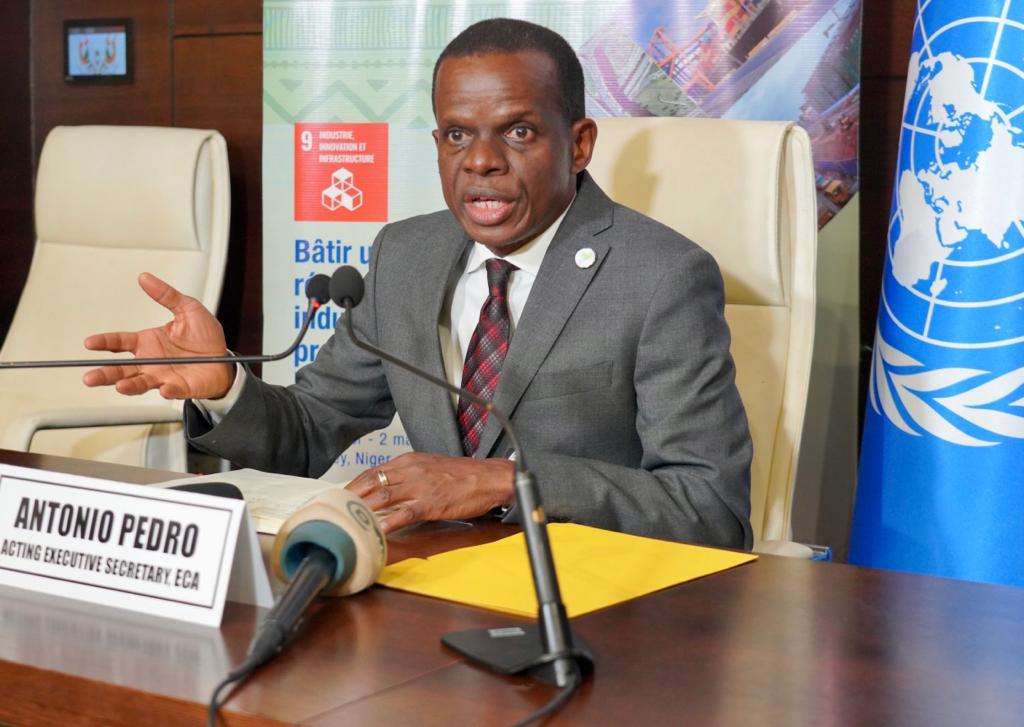
Pedro said in the Special Economic Zone, they would setup solar panels because it was part of the DRC -Africa Business Forum.
This he said was to making Africa an active player in the battery electric vehicle value chain but also the deployment of renewable energy on the continent.
Pedro said the shift to renewable energy sources was a resource-intensive path that required greater production of a variety of minerals that are central to decarbonization.
“This is now gaining lots and lots of steam, and we were happy with the progress I mean, all these bureaucratic processes are part of the process.
“Otherwise, we will face legal and other troubles moving forward so we have to move step by step, but slowly and steadily,” Pedro said.
He was happy that DRC had established the Battery Council and appointed members of which UNECA was part of with other partners such as the African Development Bank (AfDB), the African Export and Import Bank (Afreximbank) and among others.
Pedro said they also recognise the importance of research and development in this process and was pleased with the establishment of the Center of Excellent for battery production setup at the Polytechnic University in Lubumbashi.
For Zambia, Pedro said they were grateful to President Haikande Hichilema for taking a bold step to be part of this important Africa battery mineral value chain.
He said they are currently getting the clearance from the Attorney General in Zambia in order to move forward with plans of setting up a battery electric vehicle plant.
“We are almost there. Once the framework agreement is signed, then we initiate the pre-feasibility study and this will start soon. I believe that by this quarter, we will have started with a pre-feasibility study,” Pedro said.
He added that Africa was a home to many of such minerals.
DRC for example, produces over 70 percent of the world’s cobalt. DRC and Zambia together supply 10 percent of global copper while Mozambique and South Africa hold significant reserves of graphite, platinum metals, lithium and more.
WARNING! All rights reserved. This material, and other digital content on this website, may not be reproduced, published, broadcast, rewritten or redistributed in whole or in part without prior express permission from ZAMBIA MONITOR.

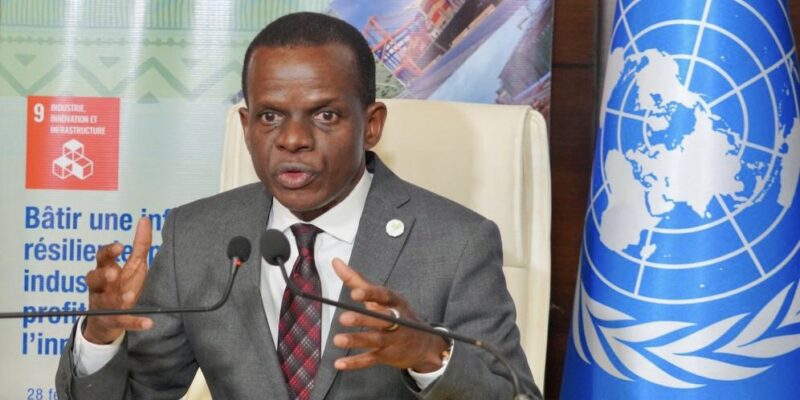

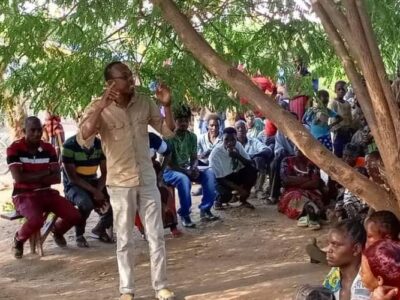
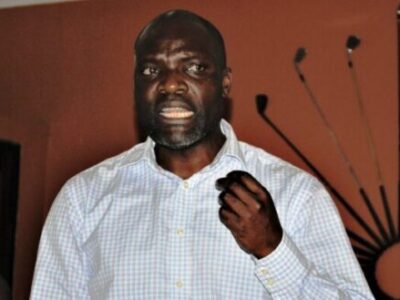


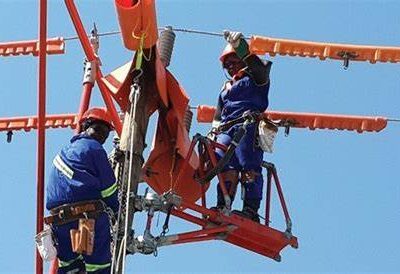

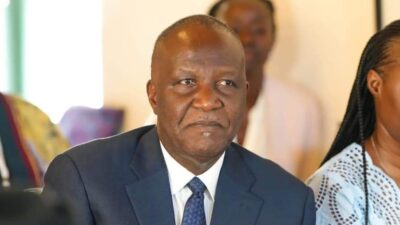


Comments